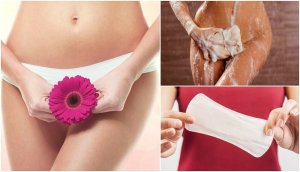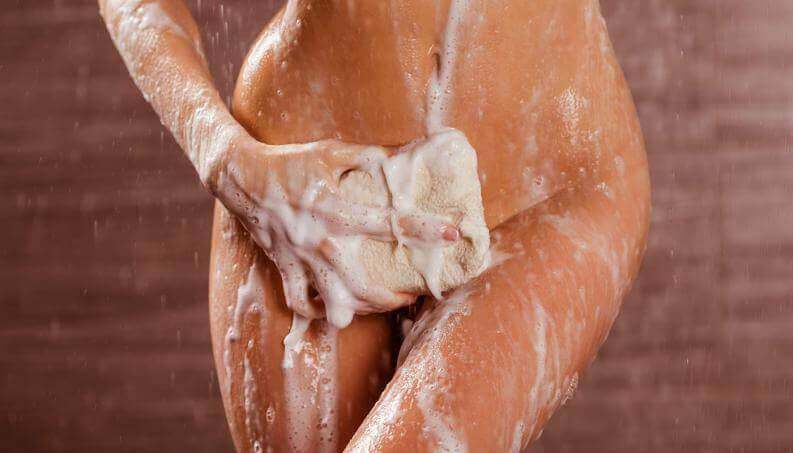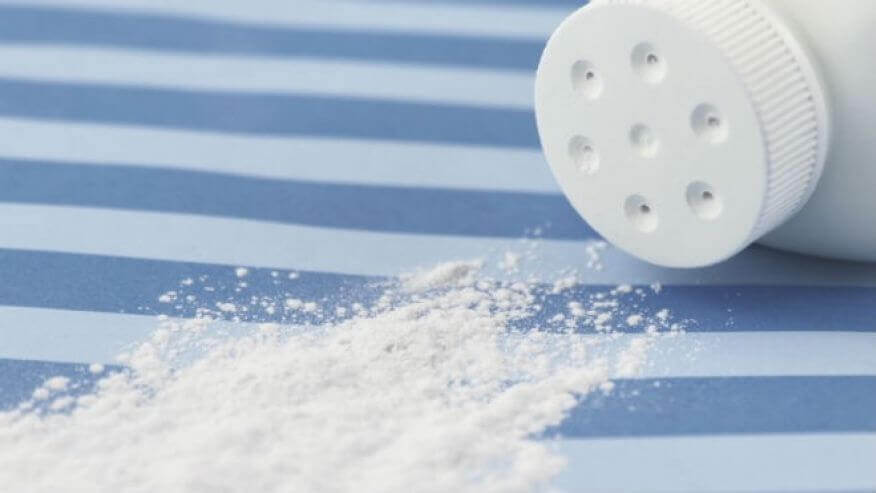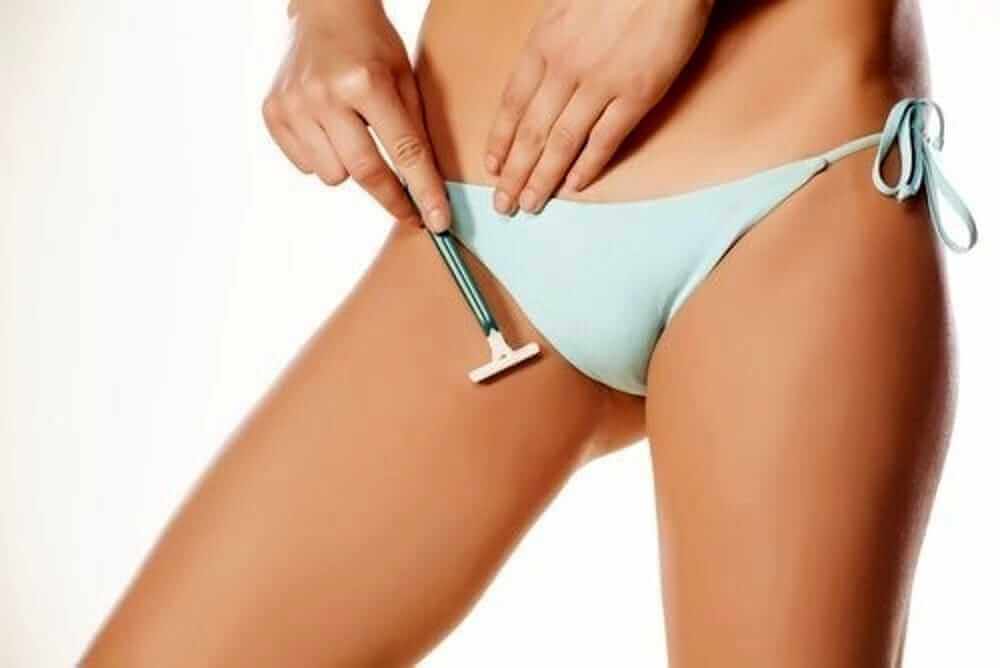5 Intimate Habits that Aren't as Hygienic as You Thought


Written and verified by the doctor Nelton Abdon Ramos Rojas
However, in the process of eliminating any kind of fluid or odor, many women end up adopting bad habits than can actually harm their vaginal health.
The problem lies in the fact that it’s a very sensitive area and its pH can fluctuate because of chemical products, certain types of underwear and other varied factors that most people ignore.
So, even though some practices might appear to be healthy, you should know why they can be harmful and how to avoid them.
Read on to know more!
1. Excessive vaginal douching

Vaginal douches might seem like a good way to eliminate bacteria and bad odors from your intimate area. However, far from being helpful, they can lead to alterations that result in infections.
These internal cleanses cause imbalances in healthy vaginal bacteria, which weakens them against pathogenic agents.
What can you do about it?
- Instead of douching, you should opt to just wash the external parts with a gentle soap and water.
2. Using pantyliners
The feminine products industry has successfully convinced its consumers that they need to use pantyliners, and other similar products, in order to prevent uncomfortable situations caused by fluids and odors.
The truth is that using them daily is actually counterproductive. They suffocate the area and increase chances of itching, irritation and other uncomfortable symptoms.
What can you do about it?
- You should limit using these types of products as much as possible. For example, you can choose to use them only before and after your period.
- To keep the area clean, try using breathable, cotton underwear.
3. Using perfumes or baby powder

One of the bad habits that has survived the test of time is using perfumes, baby power and other intimate hygiene products that actually irritate the area.
Although these products were long thought to be effective methods for preventing leaks and smells, today, we know that they can cause undesired effects because they throw off pH.
Their frequent use causes irritation in the external vaginal zones and, on many occasions, also lead to yeast or bacterial infections.
What can you do about it?
- There’s no reason to be embarrassed: the vaginal has a natural odor and there’s no need to neutralize it.
- If the smell is too strong, you should make an appointment with your doctor to see if you have an infection.
4. Rough-handling the area
Be careful! The skin that covers the vaginal zone is the most sensitive on our body and it requires special treatment. Some women clean too aggressively in the bathroom.
By doing so, women can make small, open wounds that become an open door for infectious agents.
What can you do about it?
- Apply soap carefully and gently rub with fingers of the palm of your hand.
5. Removing pubic hair

These days, it’s normal for women to think that removing public hair equates to good intimate hygiene. The truth is that even though it might seem to be the case, it’s wrong.
Public hair is a part of the body that has a special job: it’s responsible for protecting the vagina from the bacteria, yeast and viruses that can lead to infections.
Furthermore, many hair-removal methods are aggressive and lead to skin irritations and cuts. These, without question, can also end up producing some kind of complication.
What can you do about it?
- Choose a hair-removal method that’s as noninvasive as possible. Hair-removal creams and other natural products make for a good option.
- Try to leave a little hair behind so as to not leave the area unprotected.
- If you’re using a razor, dry after each use.
Do you have any of these habits? We know that you’re trying to keep your vaginal area clean, but you should think twice about doing them to keep your pH from falling out of balance.
All cited sources were thoroughly reviewed by our team to ensure their quality, reliability, currency, and validity. The bibliography of this article was considered reliable and of academic or scientific accuracy.
- Wu CY, Hu HY, Chou YJ, Huang N, Chou YC, Li CP. High Blood Pressure and All-Cause and Cardiovascular Disease Mortalities in Community-Dwelling Older Adults. Medicine (Baltimore). 2015;94(47):e2160. doi:10.1097/MD.0000000000002160
- National Institute on Aging. (n.d.). High Blood Pressure. Retrieved on May 19, 2020 from https://www.nia.nih.gov/health/high-blood-pressure
- Jiang SZ, Lu W, Zong XF, Ruan HY, Liu Y. Obesity and hypertension. Exp Ther Med. 2016;12(4):2395‐2399. doi:10.3892/etm.2016.3667
- Kulkarni, S., O’Farrell, I., Erasi, M., & Kochar, M. S. (1998, December). Stress and hypertension. Wisconsin Medical Journal. https://doi.org/10.1177/003693307301800413
-
Elliott WJ. Drug interactions and drugs that affect blood pressure. J Clin Hypertens (Greenwich). 2006;8(10):731‐737. doi:10.1111/j.1524-6175.2006.05939.x
- National High Blood Pressure Education Program. The Seventh Report of the Joint National Committee on Prevention, Detection, Evaluation, and Treatment of High Blood Pressure. Bethesda (MD): National Heart, Lung, and Blood Institute (US); 2004 Aug. Drugs and Other Agents Affecting Blood Pressure. Available from: https://www.ncbi.nlm.nih.gov/books/NBK9635/
- Mukamal KJ. The effects of smoking and drinking on cardiovascular disease and risk factors. Alcohol Res Health. 2006;29(3):199‐202.
This text is provided for informational purposes only and does not replace consultation with a professional. If in doubt, consult your specialist.








